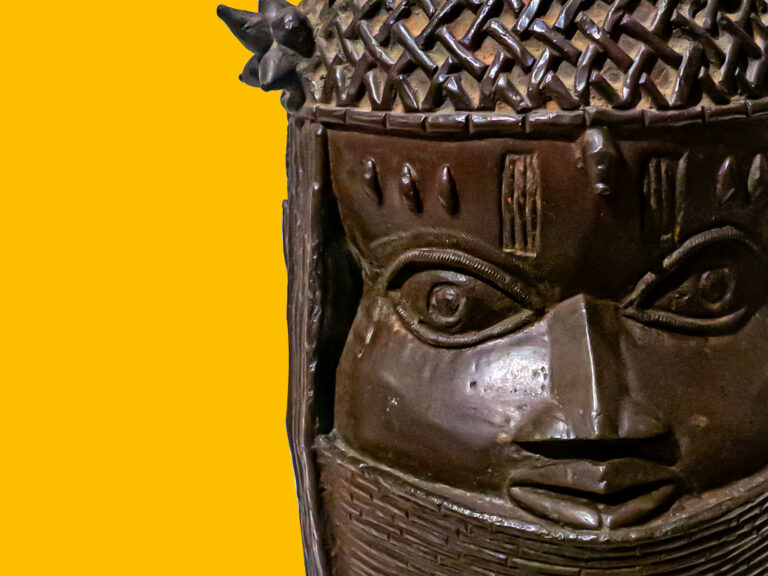In a recent development, Indonesia’s navy announced on Thursday that it had forcefully turned away a boat carrying refugees to international waters after it approached the shores of Aceh province.
The province, situated on Sumatra island, has witnessed a surge in arriving boats, predominantly carrying Rohingya refugees from southern Bangladesh, where many sought refuge in 2017 following military attacks on the persecuted Muslim minority in Myanmar.
According to the Indonesian Navy, a coast guard vessel identified a boat believed to be transporting Rohingya refugees entering Indonesia’s waters on Wednesday. Subsequently, a navy ship’s helicopter located a wooden vessel nearing Weh island in north Aceh province writes the AP.
The navy ship, KRI Bontang-907, located the boat approximately 63 nautical miles (72 miles) off the Indonesian coast and escorted it out, as stated on the navy’s website: “ensuring that the boat did not return to Indonesian waters.”
Indonesia has appealed for international assistance and has intensified patrols in its waters due to a significant increase in Rohingya refugees leaving overcrowded camps in Bangladesh since November. Over 1,500 Rohingya have arrived in Aceh, facing some hostility from fellow Muslims.
In a disturbing incident on Wednesday, a group of students attacked the basement of a local community hall in Banda Aceh, the capital of Aceh province, where approximately 137 Rohingya were seeking shelter. Footage obtained by The Associated Press showed a large group of refugees, primarily women and children, being forcibly placed on the back of trucks by individuals wearing university green jackets.
This incident has drawn strong criticism from human rights groups and the U.N. refugee agency, which noted that the attack left the refugees shocked and traumatized.
It’s noteworthy that Indonesia, like Thailand and Malaysia, is not a signatory to the United Nations’ 1951 Refugee Convention and is not obligated to accept Rohingya refugees from Bangladesh. Nevertheless, refugees in distress have received temporary accommodations thus far.
While Indonesia has historically tolerated such landings, there has been a surge in anti-Rohingya sentiment this year, particularly in Aceh, where residents accuse the Rohingya of poor behavior and creating a burden. This growing hostility has pressured President Joko Widodo’s government to take action.
Foreign Minister Retno Marsudi acknowledged the complexity of the issue, stating, “This is not an easy issue, this is an issue with enormous challenges,” in response to the rising tensions between locals and Rohingya refugees.
The Rohingya crisis, stemming from a brutal counterinsurgency campaign by Myanmar’s security forces, has resulted in approximately 740,000 Rohingya seeking refuge in Bangladesh. Efforts to repatriate them have faltered due to concerns about their safety.
The Rohingya face widespread social discrimination and are largely denied citizenship rights in Buddhist-majority Myanmar, where international courts are examining allegations of genocide and other grave human rights abuses committed by Myanmar authorities.














